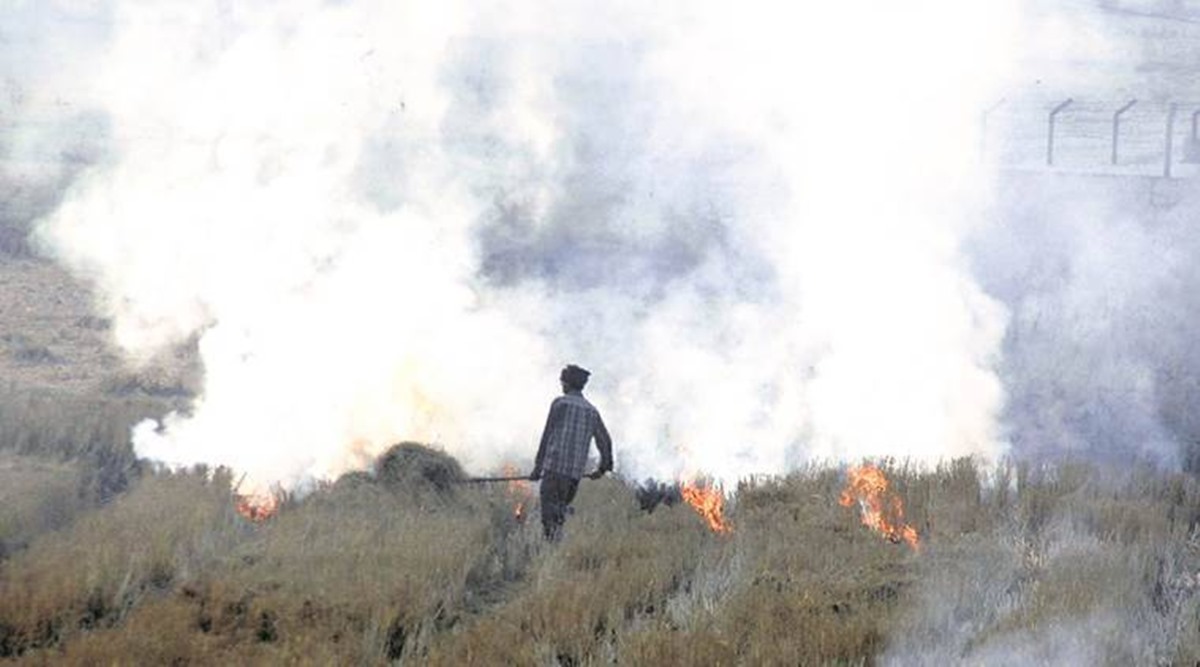As per experts at PAU, the remote sensing data does show a two-fold increase in fire incidents up to October 25. The state has recorded 14,461 fire incidents this year as compared to 7,040 during the corresponding period last year.
The area under paddy cultivation where the stubble has been managed without setting it on fire in Punjab has shown consistent improvement increasing from 16.03 per cent in 2017 to 50.61 per cent in 2018 and further to 62.58 per cent in 2019, the Punjab Agricultural University (PAU) Tuesday said.
‘This year, however, there are reports of sudden spurt in fire incidents. But at the same time, there is a need to look at the trend of improvement seen in the previous years,” the PAU said in a statement.
As per experts at PAU, the remote sensing data does show a two-fold increase in fire incidents up to October 25. The state has recorded 14,461 fire incidents this year as compared to 7,040 during the corresponding period last year.
‘The silver lining this year is that when it comes to area burnt (a better parametre, which is more reliably monitored by remote sensing than fire incidents per se), the figures for 2020 are almost same as in the year 2019. In both years, about 20 per cent of the total area had shown burning by October 25. This is despite early harvest this year,” the PAU said.
The PAU emphasized that farmers are better placed this year to take up appropriate paddy straw management practices due to enhanced availability of equipment, with 23,500 machines getting added to the existing 50,815. The prevalence of short duration rice verities such as PR 121 and PR 126 on more than 70 per cent of parmal rice area is another favorable feature. These varieties have less biomass and short duration, making them highly amenable to paddy straw management. The advent of super seeder, which has been approved by PAU this year, can uplift the situation further by providing the farmers with one more option for paddy straw management.
It is hoped that, the farmers would also respond to the need for clean air in the prevailing Covid-19 pandemic and set a new benchmark of paddy area managed without burning this year, said the varsity.
Source: Read Full Article


